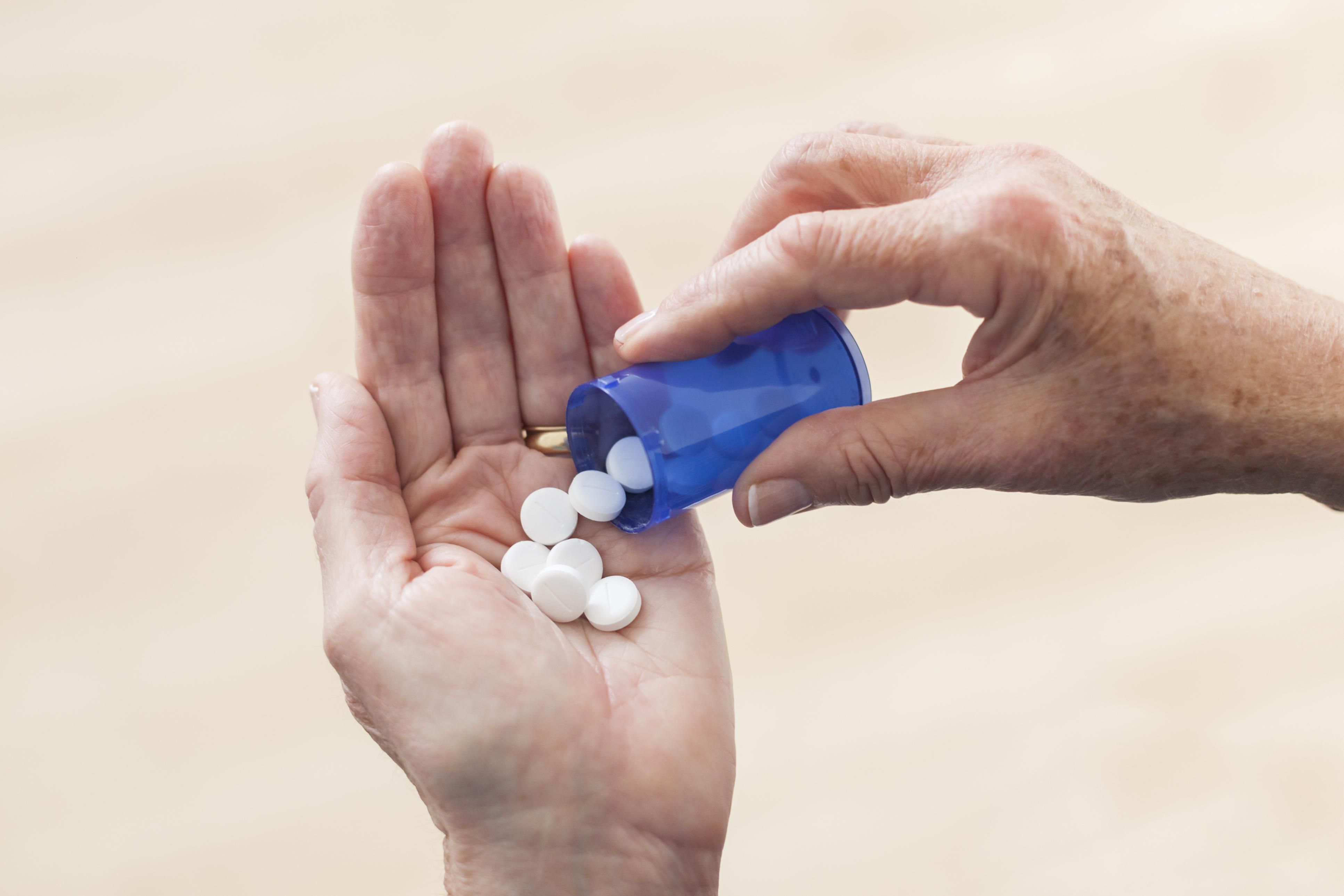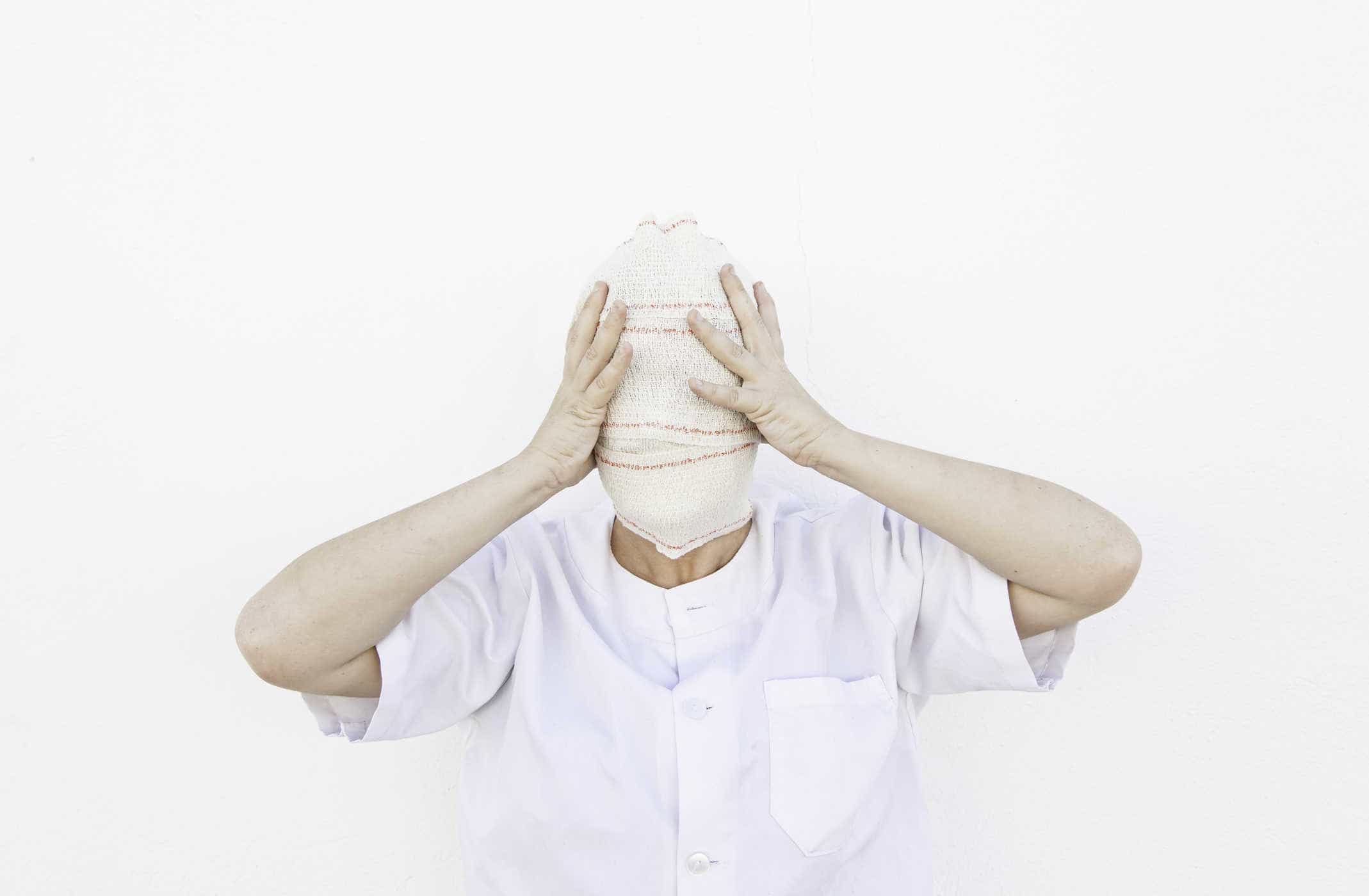Contents:
- Medical Video: Infections Trigger Heart Attacks
- What causes myocarditis?
- Virus
- Bacteria
- Mushrooms
- Parasite
- Inflammatory disease
- What are the symptoms of myocarditis?
- How to diagnose myocarditis?
- Treatment for myocarditis
Medical Video: Infections Trigger Heart Attacks
Inflammation is a normal body reaction to wounds or infections. Imagine if your finger is injured. Usually at a short time, the tissue around the wound swells and becomes red. Symptoms of inflammation are generally like this. The body's immune system produces special cells in the wound and makes repairs. Sometimes, this can speed up the healing process, but inflammation can also be very dangerous.
Myocarditis is a disease characterized by inflammation of the heart muscle or myocardium, which is the muscle layer of the heart wall. This muscle is responsible for pumping blood into and out of the heart to all parts of the body. If the muscle is inflamed, blood will not pump properly, causing problems such as irregular heartbeat, difficulty breathing, and in extreme cases blood clots, heart attacks, strokes or heart damage can occur.
What causes myocarditis?
Myocarditis is generally caused by a virus, bacteria, or fungal infection. When the infection tries to attack, the immune system fights it by releasing chemicals to fight disease. This is what causes inflammation to occur. However, inflammation can actually weaken the heart. Some autoimmune diseases, such as lupus, can cause the immune system to fight the heart, causing inflammation and damage. It is difficult to determine exactly what causes myocarditis, but here are some potential causes:
Virus
Viruses are the most common cause of myocarditis. Some of these include coxsackie B virus, adenovirus (causing colds) and parvovirus B19 (causing a rash fifth disease) Other possibilities include echoviruses (gastrointestinal disease), Epstein-Barr (mononucleosis) and rubella (measles). AIDS sufferers also have a higher risk.
Bacteria
Although rare, myocarditis can be caused by staphylococcus, streptococcus, bacteria that cause Lyme disease and diphtheria.
Mushrooms
Candida fungal infections, molds and other fungi can cause myocarditis.
Parasite
Parasites are small insects carried by insects, which can cause myocarditis and other diseases. Parasites are more common in Central or South America.
Inflammatory disease
Diseases that can cause inflammation in other parts of the body, such as rheumatoid arthritis, can also cause myocarditis.
What are the symptoms of myocarditis?
Myocarditis can be dangerous, because it can occur to anyone, at any age and often occurs without showing any symptoms. The symptoms themselves often resemble flu symptoms, such as fatigue, fever, joint pain or swelling, and chest pain. This can make myocarditis difficult to diagnose.
Myocarditis often attacks healthy people and is considered the cause of sudden death in young adults.
Often, myocarditis can disappear by itself without treatment, such as a wound on the finger that will heal on its own. Even more serious cases may not cause symptoms in heart failure, but can damage the heart muscle. However, the heart may also show obstacles encountered, with symptoms such as:
- Fatigue
- Hard to breathe
- Palpitations of the heart or heart that are beating fast
- Fever
- Chest pain
- Congestive heart failure
How to diagnose myocarditis?
Although myocarditis is difficult to diagnose, doctors can do several tests to narrow down the possible causes. A blood test can see signs of infection or inflammation and X-rays in the chest can indicate signs of heart failure. An electrocardiogram (ECG) can detect heartbeat abnormalities or damage to the heart muscle, and an echocardiogram (ultrasound) can detect swelling in the heart. In certain cases, an endomyocardial biopsy can be performed by a doctor who examines a small part of the heart tissue.
Treatment for myocarditis
Treatment depends on how severe inflammation occurs. In some cases, the swelling will disappear by itself and you will recover completely. If you have a problem, your doctor can prescribe anti-inflammatory drugs to help with the process. You will also be recommended to take a break and a low-salt diet, and you may be given a diuretic to remove excess fluid in the body. Antibiotics can also help deal with infections caused by bacteria, and corticosteroids can reduce inflammation.
If the heart has difficulty pumping properly, the doctor will also prescribe medications that can help blood vessels relax and blood flow more smoothly. Other drugs can also help control an irregular heartbeat. Almost all of these treatments can reduce the workload on the heart. In more severe cases, a pacemaker and defibrillator can be needed. Or if heart failure occurs, other procedures can be done at the hospital. If the heart has been severely damaged, the doctor may recommend a heart transplant.
Hello Health Group does not provide medical advice, diagnosis or treatment.












